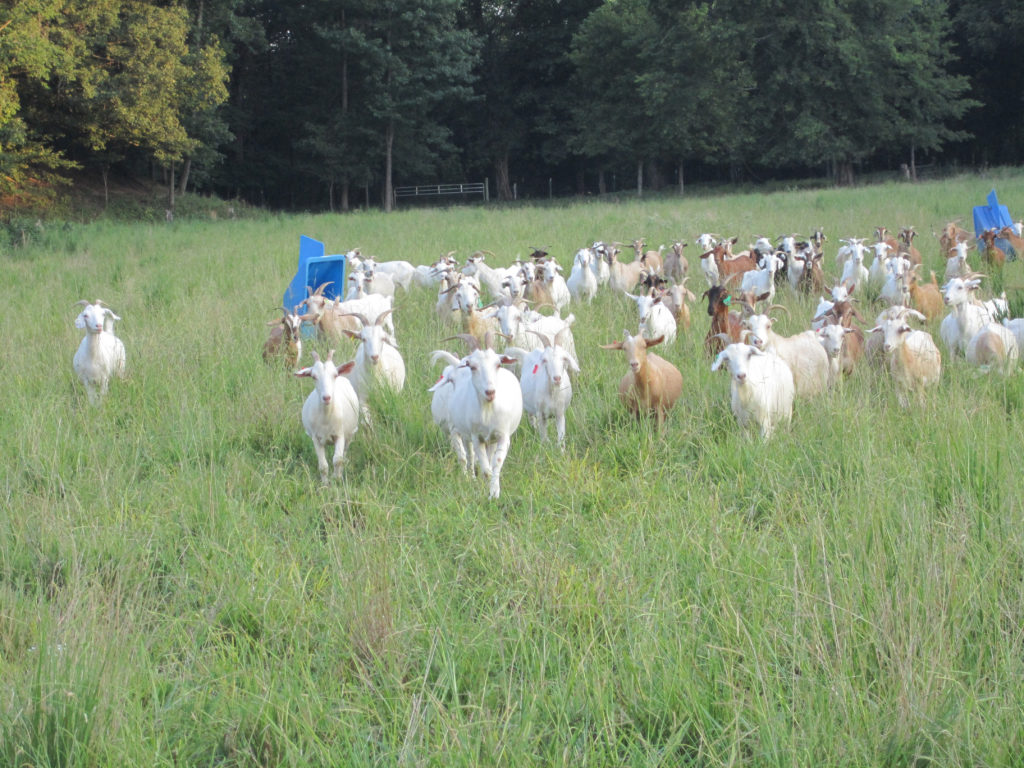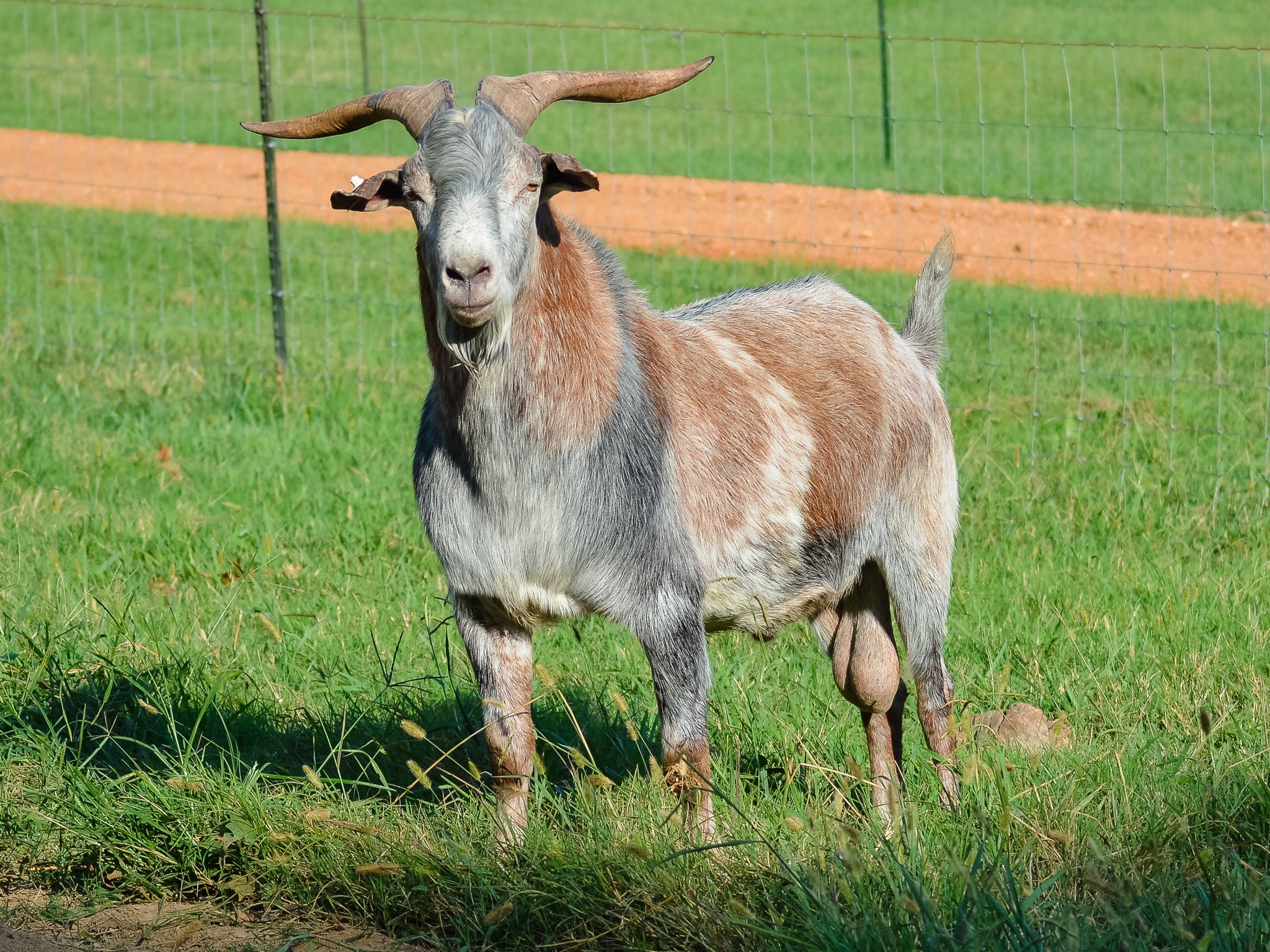Creating the future
The 2023 West Virginia Small Ruminant Evaluation Program 2023’s Buck Performance Test is being held at the WVU Animal Science Research, Education, and Outreach Center. This trial strives to provide producers with an unbiased evaluation of economically valuable traits in bucks in a shared and equitable condition environment. This year, the attribute quantitatively measured is parasite resistance, specifically the parasitic worm Haemonchus contortus or barber pole worm.
How the trial unfolds
Upon arriving, the projected 200 Kiko bucks will be vaccinated and dewormed according to the suggestions of the overseeing veterinarian staff. Animals will then be sorted into random group pens and allotted a two-week adjustment period. Then, the hard work begins as participating animals will receive 5,000 Haemonchus contortus larvae and are continuously evaluated for their resistance to parasitical infection for the rest of the trial. In this artificial challenge, animals are weighed throughout, and their body condition is closely monitored. Most importantly, parasite loads are accurately evaluated using fecal egg counts every two weeks and FAMACHA scores weekly. Fecal egg counts are a simple laboratory method to determine the number of worm eggs excreted per gram of feces. At the same time, FAMACHA is a color eye chart system that estimates the anemia (blood loss) level in sheep/goats through the visual examination of eyelid mucous membrane color. Both industry-standard techniques are widely applied globally, and as anemia is the primary symptom of barber pole worm (Haemonchus contortus) infection, these easily implemented benchmarks yield relevant results for producers.
The results
At the commencement of the trial, animals are ranked on the following cumulative metrics: average daily gain, muscling, fecal egg count, and the overall index. Any animal requiring deworming due to the results of fecal egg counts is immediately removed from the trial. As animal health is paramount to producers and program organizers, animals requiring treatment or poor condition are also eligible for disqualification.
Why does this program matter?

Haemonchus contortus, or barber pole worm, is an incredibly impactful blood-sucking parasite that is capable of wiping out entire small ruminant herds. Thriving in hot, humid climates with an impressive global distribution, it quickly becomes problematic in novel areas due to climate change. Due to the parasites’ unique life cycle, ability to remain dormant within an animal’s body, and burgeoning anthelmintic resistance, the producer community must address this parasite in new ways. Through the use of programs such as buck trials, genetically resistant animals can be identified. As these superior genetics are more widely utilized, climate change-resilient food production systems will be bolstered, and fewer populations will face food insecurity. The Kiko breed is at the forefront of recognizing the inherent economic value this attribute brings to their hardy, highly productive animals.

